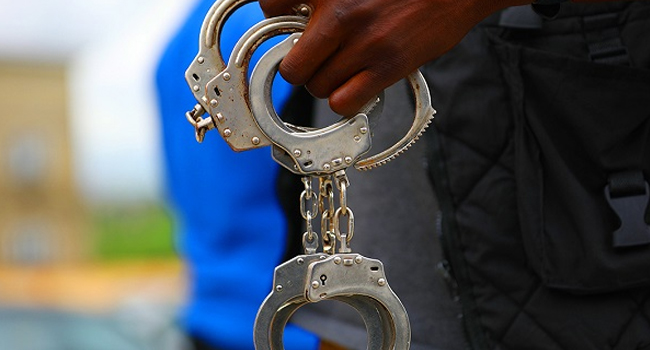Malawi’s incoming president Peter Mutharika is a low-key 85-year-old former Washington law professor whose 2014-2020 term is remembered as better days for the economically desperate southern African country, despite its own failings.
His return to power in the largely poor country of 21 million people was assured Wednesday after President Lazarus Chakwera conceded he had lost the September 16 election to his long-running rival.
Mutharika’s Democratic Progressive Party (DPP) ran a vigorous campaign promising a “return to proven leadership” in the mostly young nation, but the party’s visibly ageing and slow leader was himself often absent from several of its events.
While some of Mutharika’s physical activities may be limited, “his strength relies very much in his legacy,” said Mavuto Bamusi, an analyst with the Malawi Political Science Association.
READ ALSO: Chad Signs Peace Deal With ‘Last’ Gold Region Militia
After five years of economic mismanagement under Chakwera’s administration, Mutharika’s first term was seen as the “glorious past” of better prices, in particular for fertiliser, a necessity in a country where most families run small farms, he told AFP.
Mutharika had also been able to assemble a capable team of economists and brought inflation down to single digits, which later soared to more than 33 percent under Chakwera.
But the period was also stained by a ballooning national debt, food shortages and allegations of corruption.
Scandals
With law degrees from Yale and the University of London, Mutharika left Malawi in the 1960s to settle in the United States, going on to spend decades away.
The expert in constitutional law returned in 1993 to help draft the first democratic constitution after the fall of dictator Hastings Banda.
Following another stint in the United States, he was back again in 2004 after his brother Bingu wa Mutharika was elected president. Peter became Bingu’s right-hand man and adviser, apparently groomed to be his successor.
He won a seat in parliament in 2009 and headed several ministries.
Bingu died in office in 2012 from a heart attack and Mutharika was accused of attempting to conceal the death for two days in an alleged bid to secure the job for himself, preventing the vice president from taking over.
He and others faced charges of treason, mutiny and conspiracy to commit a felony. The charges were dropped when Mutharika took office two years later, winning the 2014 elections with just over 36 percent of the vote against Chakwera’s 28 percent.
In 2018 Mutharika faced a public outcry over $200,000 he allegedly received from a businessman under investigation over a multi-million-dollar deal to supply food to the police.
He won around 39 percent of the vote in elections held in 2019, narrowly ahead of Chakwera, but the constitutional court nullified the results over widespread vote-tampering, with corrective fluid found on ballot papers.
In the 2020 rerun of the “Tippex election”, Chakwera crushed Mutharika’s bid for a second term.
Distant, low-key
While in office, Chakwera was accused of indecision and breaking promises to create jobs and tackle corruption.
As a result, last week’s election was as much a vote against the incumbent as one in favour of Mutharika, said Boniface Dulani, a political science professor.
Running on a platform of a “return to proven leadership”, Mutharika vowed to transform the economy, including by ending a crippling foreign exchange shortage, promoting industrialisation and developing the agriculture sector.
“I want to rescue this country,” he told his final campaign rally.
A distant and understated personality, Mutharika was also not known for decisiveness, Dulani said. “He’s not someone who really inspires a lot of leadership characteristics. He doesn’t have any clear positions,” he said.
“The economic problems we are in require quite a lot to turn this economy around, and I don’t think that’s going to happen,” the political science professor told AFP.
AFP





